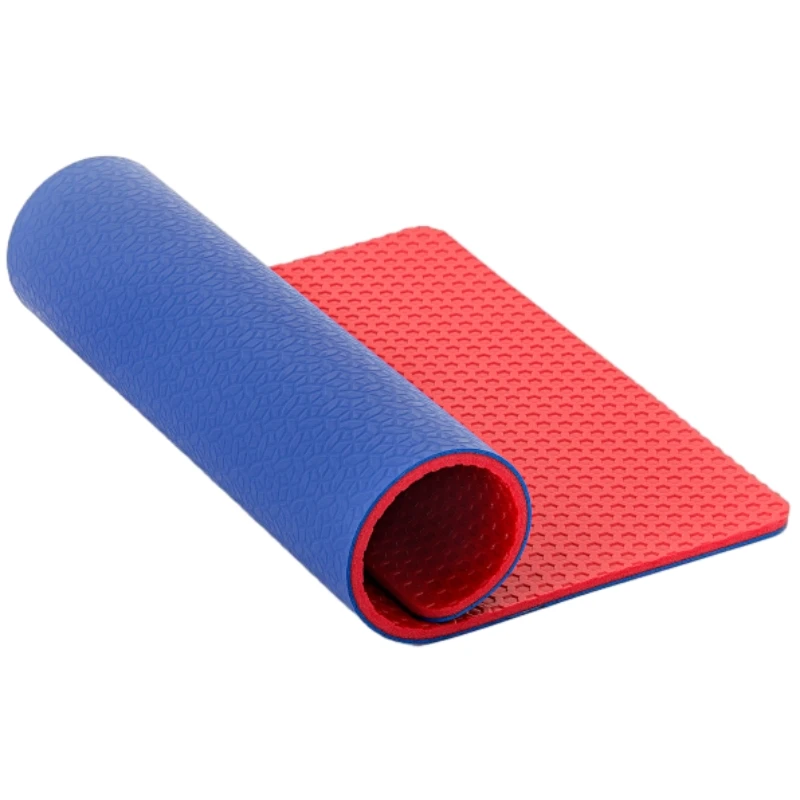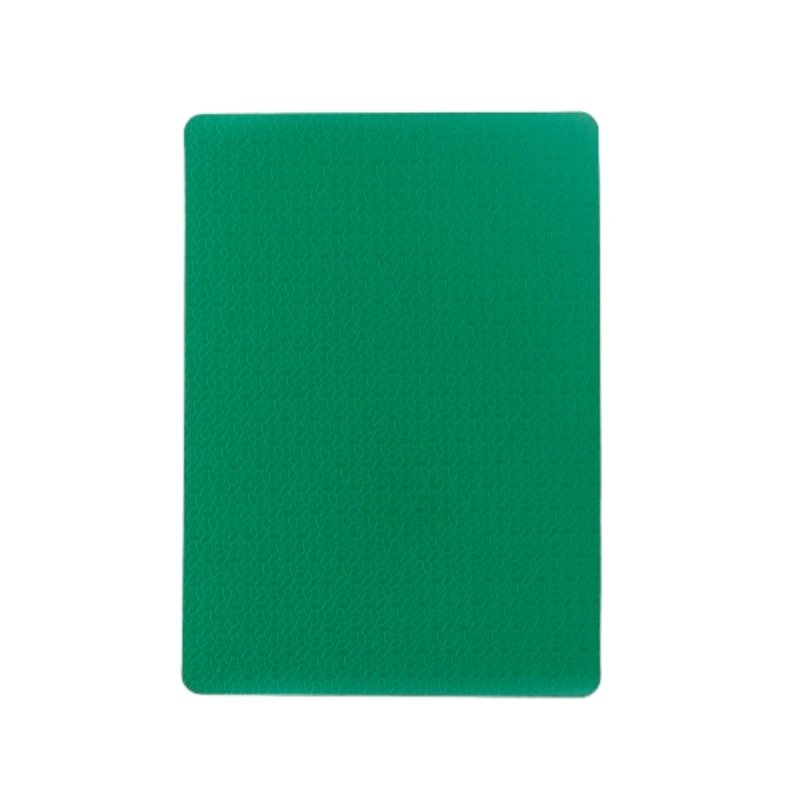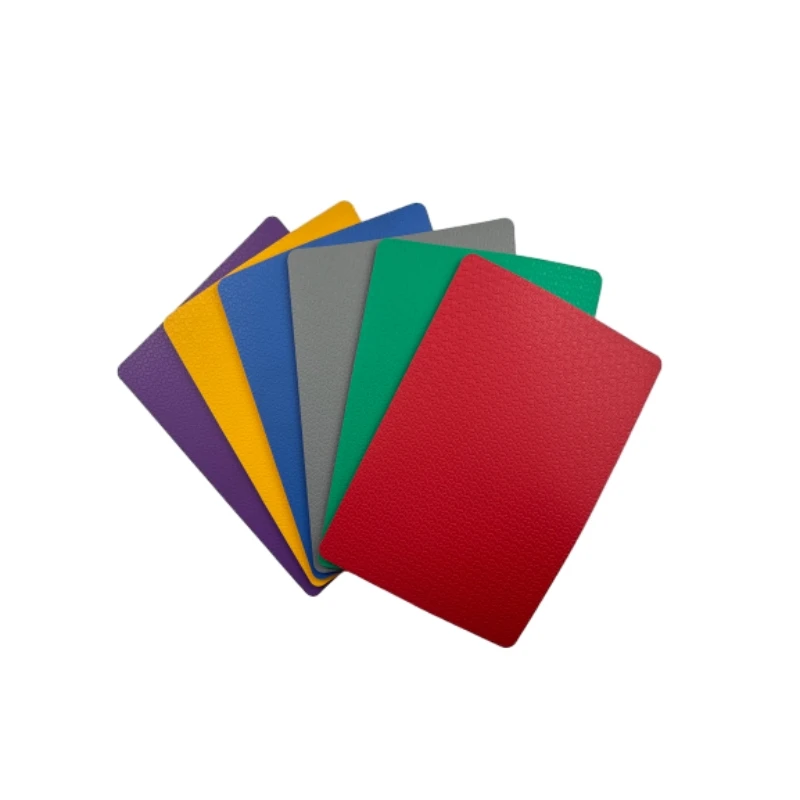- Afrikaans
- Arabic
- Belarusian
- Bengali
- Croatian
- Czech
- Danish
- Dutch
- English
- Estonian
- Finnish
- French
- Georgian
- German
- Greek
- hawaiian
- Hungarian
- Indonesian
- irish
- Italian
- Japanese
- kazakh
- Khmer
- Korean
- Kyrgyz
- Lao
- Latin
- Macedonian
- Malay
- Mongolian
- Myanmar
- Norwegian
- Persian
- Polish
- Portuguese
- Romanian
- Russian
- Serbian
- Spanish
- Swedish
- Tagalog
- Thai
- Turkish
- Turkmen
- Ukrainian
- Urdu
- Uzbek
- Vietnamese
- Zulu
Best Tennis Court Flooring Materials & Tiles for Sale
Understanding the Evolution and Impact of Tennis Court Surface Technologies
The performance and longevity of a tennis court are fundamentally determined by its surface material. As a critical component of any sports infrastructure, the selection of the appropriate types of tennis court flooring material is paramount for optimal player experience, safety, and long-term economic viability. The global tennis flooring market has witnessed significant advancements, moving beyond traditional clay and grass to highly engineered synthetic solutions. These innovations are driven by a demand for consistent playing characteristics, reduced maintenance, enhanced durability, and improved player comfort and injury prevention. Current industry trends point towards modular interlocking systems and advanced acrylic coatings that offer superior shock absorption and UV stability. For instance, the demand for adaptable multi-sport surfaces is also influencing design, with many facilities opting for modular solutions that can be installed quickly and even relocated. This technological evolution ensures that modern tennis courts not only meet stringent performance standards but also contribute to the sustainable development of sports facilities worldwide. Our proprietary `Exquisite Stone Pattern Tennis Flooring` exemplifies these advancements, integrating aesthetic appeal with high-performance metrics designed for diverse applications, from professional stadiums to private residential courts. The emphasis on materials that can withstand extreme weather conditions while maintaining their structural integrity and playing consistency is crucial, reflecting a shift towards more robust and resilient court construction paradigms.
The strategic choice of tennis court flooring directly impacts the game's pace, ball bounce, and player movement, making it a critical consideration for facility managers, sports architects, and professional players alike. Surface hardness, coefficient of friction, and energy return are key technical parameters that differentiate various materials, each offering a unique playing experience classified by the International Tennis Federation (ITF) Pace Rating. For example, a slow surface like traditional red clay offers high friction and a high bounce, favoring defensive play, while a fast surface like certain hard courts promotes rapid, aggressive play. Synthetic modular tiles, increasingly popular due to their versatility and ease of installation, are engineered to provide a balanced pace, often falling into the medium-to-medium-fast categories. Furthermore, the advancements in polymeric compounds and recycled materials are also addressing environmental concerns, offering eco-friendly options without compromising performance. These materials are rigorously tested for properties such as slip resistance (critical for player safety), wear resistance (for longevity), and consistent colorfastness even under prolonged sun exposure. Understanding these intricate technical distinctions is vital for selecting the optimal tennis court flooring material that aligns with specific functional requirements and budgetary constraints, ensuring a superior playing environment for all users.
The Advanced Manufacturing Process of High-Performance Tennis Flooring Materials
The manufacturing process for modern types of tennis court flooring material, particularly for sophisticated modular systems like our `Exquisite Stone Pattern Tennis Flooring`, is a testament to advanced material science and precision engineering. It typically commences with the meticulous selection and preparation of raw materials, which often include high-grade polypropylene (PP) or polyethylene (PE) resins, specialized UV stabilizers, pigments, and proprietary additives designed to enhance durability, flexibility, and anti-slip properties. These components undergo a precise compounding stage, where they are thoroughly mixed and heated to form a homogeneous melt. This melt is then fed into state-of-the-art injection molding machines. Here, the molten polymer is injected under high pressure into meticulously designed molds that define the tile's intricate structure, including its interlocking mechanisms, surface texture, and sub-surface drainage channels. The use of advanced tooling ensures dimensional accuracy and consistency across all production batches, which is paramount for seamless installation and uniform playing characteristics.
Following the injection molding phase, the newly formed tiles undergo a controlled cooling process to prevent warping and ensure structural integrity. This is a critical step, as improper cooling can lead to internal stresses that compromise the tile's long-term performance. Post-cooling, each tile is subjected to rigorous quality control inspections. These checks encompass dimensional verification, color consistency, structural integrity, and the integrity of the interlocking system. Products are often tested against international standards such as ISO 9001 for quality management systems and specific sports surface standards like those from the International Tennis Federation (ITF) for pace, ball bounce, and shock absorption. The lifespan of these advanced materials typically exceeds 10-15 years, significantly longer than traditional surfaces, even under heavy use and diverse environmental conditions. The inherent advantages of these engineered materials, such as exceptional drainage capabilities that prevent standing water, superior impact absorption for reduced player fatigue and injury risk, and outstanding UV resistance that prevents fading and material degradation, make them ideal for high-traffic sports facilities, educational institutions, recreational parks, and even private residential courts requiring a premium, low-maintenance surface. These processes ensure that every tile contributes to a high-performance, safe, and aesthetically pleasing tennis environment.

Comparative Analysis of Tennis Court Flooring Materials
Choosing among the various types of tennis court flooring material necessitates a detailed understanding of their inherent characteristics, benefits, and trade-offs. While traditional surfaces like natural grass and clay offer unique playing experiences, their high maintenance demands and sensitivity to weather often limit their widespread application, particularly in commercial or public facilities. Modern synthetic options, including acrylic hard courts, artificial grass, and modular tile systems, present compelling alternatives due to their durability, lower maintenance requirements, and consistent playability across diverse climates. Acrylic hard courts, often layered over asphalt or concrete, are popular for their fast and predictable bounce, but require periodic resurfacing to maintain performance and prevent cracking. Artificial grass provides a softer playing experience with reduced impact on joints, but may require infill replenishment and can suffer from drainage issues if not properly installed. Our `Exquisite Stone Pattern Tennis Flooring` is a prime example of modular tile technology, offering exceptional versatility, rapid installation, and superior shock absorption, making it an increasingly preferred option for both new constructions and renovations. Its interlocking design facilitates quick replacement of damaged sections, minimizing downtime and long-term costs.
| Material Type | ITF Pace Rating (Approx.) | Shock Absorption (%) | Maintenance Level | Typical Lifespan (Years) | Installation Time |
|---|---|---|---|---|---|
| Acrylic Hard Court | Medium-Fast to Fast (3-5) | 10-25% | Medium (resurfacing every 5-8 yrs) | 8-15 | Weeks |
| Natural Clay | Slow (1) | 30-40% | High (daily watering, rolling) | 20+ (with constant upkeep) | Weeks |
| Artificial Grass | Medium-Slow (2) | 20-35% | Medium (brushing, infill top-up) | 10-15 | Days |
| Modular Tiles (e.g., Exquisite Stone) | Medium (3) | 25-35% | Low (occasional cleaning) | 10-15+ | Days (often faster) |
| Cushioned System (Multi-layered acrylic) | Medium-Fast (3-4) | 25-40% | Medium (resurfacing every 7-10 yrs) | 10-18 | Weeks |
The data presented highlights the distinct advantages of each material type, particularly emphasizing modular tiles for their balanced performance, ease of maintenance, and rapid deployment. When considering `tennis court tiles for sale`, facility managers should evaluate their specific needs against these parameters. For instance, a community center prioritizing quick installation and minimal upkeep might find modular tiles to be the most cost-effective solution over the long term, whereas a professional training academy might opt for a cushioned acrylic system for enhanced player comfort and injury prevention. The choice of tennis flooring material also impacts the long-term operational costs, including water consumption (for clay courts), specialized cleaning equipment, and frequency of resurfacing. Our comprehensive portfolio of `tennis flooring` solutions is designed to meet these diverse requirements, offering customized options that align with performance goals, budgetary constraints, and aesthetic preferences. We are committed to providing transparent data and expert consultation to ensure our clients make informed decisions that maximize their investment in superior sports infrastructure.
Application Scenarios and Technical Advantages: Exquisite Stone Pattern Tennis Flooring
Our `Exquisite Stone Pattern Tennis Flooring` represents a paradigm shift in `tennis flooring material`, offering a confluence of aesthetic appeal, robust technical performance, and unparalleled versatility for a wide array of application scenarios. This advanced modular system is engineered using high-quality virgin polypropylene, ensuring exceptional durability and resistance to harsh environmental factors, including intense UV radiation, extreme temperatures, and moisture. Its unique interlocking design, featuring a multi-point locking mechanism, facilitates a seamless and stable surface that can be installed rapidly over almost any flat, solid sub-base, including concrete, asphalt, or even existing worn-out courts. This eliminates the need for extensive preparatory work or specialized glues, significantly reducing installation time and associated labor costs. The integrated drainage system, characterized by elevated tile structures and perforations, allows water to quickly pass through the surface, preventing standing water and ensuring immediate playability after rain, a significant advantage over traditional impervious surfaces. This rapid drainage also mitigates the risk of mold and mildew growth, contributing to a cleaner, safer playing environment.

The technical advantages extend beyond ease of installation and superior drainage. The inherent elasticity of the modular tiles provides excellent shock absorption, significantly reducing the impact on players' joints and muscles, thereby minimizing fatigue and preventing common sports-related injuries. This makes it an ideal choice for both competitive and recreational play, enhancing player comfort and extending playing time. Furthermore, the meticulously engineered surface texture ensures consistent ball bounce and optimal grip, crucial for predictable play and player safety, particularly for rapid directional changes. Its stone pattern finish not only provides a sophisticated aesthetic that blends seamlessly into various architectural designs but also offers superior wear resistance, ensuring the court maintains its pristine appearance and performance integrity for over a decade. This flooring solution is exceptionally well-suited for diverse applications such as university sports complexes, public parks, private estates, and commercial tennis clubs, where low maintenance, high durability, and consistent performance are paramount. Its modular nature also allows for easy repairs or even relocation, offering unparalleled flexibility for evolving facility needs.
Customization and Application Cases: Tailoring Tennis Court Solutions
Recognizing that each project has unique requirements, our approach to providing high-quality types of tennis court flooring material emphasizes comprehensive customization and robust client support. We offer an extensive palette of color options, enabling clients to design courts that align with their brand identity, facility aesthetics, or specific design visions. Beyond color, the modular nature of our `tennis court tiles for sale` allows for flexible court sizing and configuration, accommodating anything from full-sized championship courts to smaller training areas or multi-sport surfaces. Our technical team works closely with architects, facility managers, and contractors from the initial consultation phase, providing detailed CAD drawings, material specifications, and installation guidelines to ensure seamless project execution. We have a proven track record of collaborating with leading sports facility developers and educational institutions, delivering bespoke tennis court solutions that consistently exceed expectations in terms of performance and longevity. Our commitment to excellence is underpinned by adherence to international standards such as ISO 9001 for quality management and rigorous internal testing that often surpasses industry benchmarks, guaranteeing that every square meter of our `tennis flooring` meets the highest criteria for safety and playability.

Our portfolio of successful application cases spans various scales and environments, demonstrating the adaptability and superior performance of our `tennis flooring material`. For instance, a recent project involved installing a 1,200 square meter `Exquisite Stone Pattern Tennis Flooring` system for a major university sports complex, chosen for its rapid installation time (completed in less than 5 days, minimizing disruption to campus activities), excellent shock absorption properties ideal for student-athletes, and minimal maintenance requirements. Another notable case includes a series of private residential courts in diverse climatic zones, where the UV stability and rapid drainage of our modular tiles proved invaluable, protecting the investment from extreme weather conditions. These installations consistently receive positive feedback regarding their consistent playability, durability, and visual appeal, often becoming central recreational hubs. Our commitment extends beyond product delivery, offering comprehensive after-sales support, including maintenance advice, spare parts availability, and a robust warranty program. Our typical delivery cycle for large orders is between 4-6 weeks, with expedited options available for urgent projects, ensuring timely completion and client satisfaction.
Frequently Asked Questions (FAQ) about Tennis Court Flooring
-
Q1: What are the primary advantages of modular tennis court tiles over traditional hard courts?
Modular `tennis court tiles` offer several key advantages, including significantly faster installation times (often days compared to weeks for poured surfaces), superior shock absorption for enhanced player comfort and injury prevention, excellent drainage capabilities that allow immediate play after rain, and significantly lower maintenance requirements. Unlike traditional acrylic or asphalt courts that require periodic resurfacing and are prone to cracking, modular tiles are highly durable, UV-stable, and allow for easy replacement of individual damaged sections, leading to lower long-term ownership costs and minimal downtime. They also provide a consistent playing surface and are often more forgiving on player joints.
-
Q2: How does the `Exquisite Stone Pattern Tennis Flooring` address player safety?
Player safety is a paramount concern in the design of our `Exquisite Stone Pattern Tennis Flooring`. The unique surface texture provides an optimal coefficient of friction, ensuring excellent grip for players while minimizing the risk of slips and falls, especially during rapid directional changes. Furthermore, the inherent flexibility and multi-layered design of our modular tiles contribute to significant impact attenuation. This shock-absorbing quality reduces stress on players' knees, ankles, and backs, lessening fatigue and mitigating the risk of common sports-related injuries that can occur on harder, less forgiving surfaces. The rapid drainage system also prevents standing water, eliminating slippery patches.
-
Q3: What is the typical lifespan and warranty for your tennis court flooring materials?
Our `Exquisite Stone Pattern Tennis Flooring` is engineered for long-term durability, with a typical lifespan of 10-15 years, often extending beyond with proper care. This longevity is attributed to the use of high-grade, UV-stabilized virgin polypropylene and robust manufacturing processes. We stand behind the quality of our products with a comprehensive warranty that covers manufacturing defects and material integrity under normal use. The specific terms and duration of the warranty are provided with each quotation, ensuring transparency and providing clients with peace of mind regarding their investment in our premium types of tennis court flooring material. Our customer support team is always available to assist with any warranty-related queries or product concerns.
-
Q4: Can these modular tiles be installed outdoors and in various climates?
Absolutely. Our modular `tennis flooring material` is specifically designed for both indoor and outdoor applications and is highly resistant to a wide range of climatic conditions. The advanced polypropylene material is formulated with potent UV stabilizers to prevent degradation and fading from prolonged sun exposure, even in harsh desert or tropical environments. The interlocking tile design accommodates thermal expansion and contraction, preventing buckling or warping in extreme temperatures. Furthermore, the integrated drainage system effectively manages rainfall and snowmelt, ensuring the court remains playable and structurally sound in wet or freezing conditions. This adaptability makes it a versatile choice for facilities worldwide, regardless of their local climate.
References
- International Tennis Federation (ITF) - Classified Court Surfaces.
- ASTM F2772 - Standard Specification for Athletic Performance Properties of Indoor Sports Floor Systems.
- ISO 9001: Quality Management Systems – Requirements.
- Sports Surfaces: A Practical Guide to Design, Construction, and Maintenance.
- Journal of Sports Engineering and Technology - Articles on biomechanics and surface interaction.
-
Benefits of PP Interlocking Floors for Gym SpacesNewsJul.08,2025
-
Durability Testing for Interlocking Sports Floor TilesNewsJul.08,2025
-
Overview of Tennis Court Flooring MaterialsNewsJul.08,2025
-
Portable Basketball Floor SystemsNewsJul.08,2025
-
Eco-Friendly Badminton Court Flooring OptionsNewsJul.08,2025
-
Durability Testing for PVC Floor Mat RollsNewsJul.08,2025
-
Top Materials Used in Tennis Court FlooringNewsJul.03,2025

